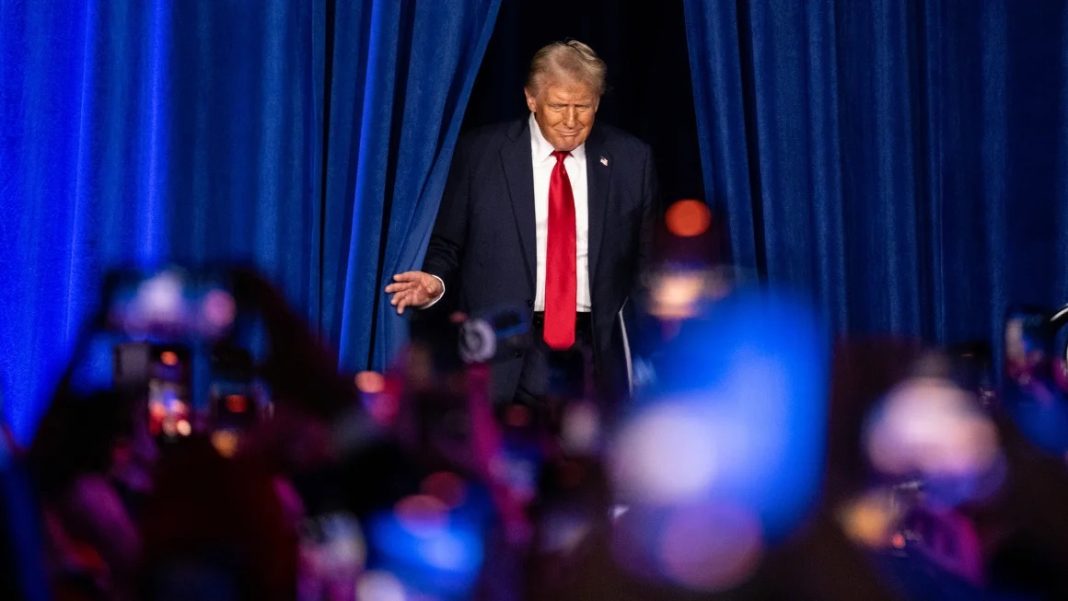WASHINGTON DC, USA – Donald J. Trump has won a historic second term as President of the United States, marking an unprecedented return to the Oval Office after his first administration ended in 2021.
Trump’s victory caps a tumultuous election cycle and cements his influence over the Republican Party, positioning him to make sweeping changes with a coalition of loyal allies and a mandate that reflects deep divisions across the country.
Trump’s re-election promises a drastic shift from the policies and norms of both his previous administration and the Biden presidency.
With the Republican Party now solidly under his control, Trump has indicated that his new term will focus on what he calls the “unfinished business” of his first term, which was marked by constant clashes with both his own officials and the broader federal bureaucracy.
“We are here to save our country,” Trump declared in his victory speech early Wednesday, November 6, 2024, addressing a crowd of supporters in Florida.
“We tried before, but Washington wasn’t ready. Now we are stronger, smarter, and we know what needs to be done.”
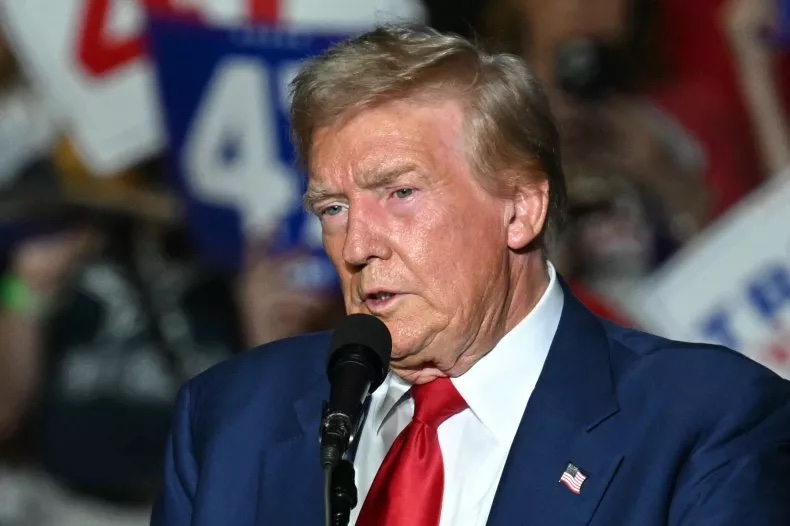
A New Direction: Reshaping the Republican Party and Its Agenda
The Republican Party of 2024 is notably different from the one Trump led in his first term.
Over the past four years, Trump and his supporters have firmly consolidated control of the GOP, sidelining figures who resisted his agenda and refashioning the party into an organisation largely committed to his policies.
With anti-Trump Republicans either retired or voted out, and moderate voices increasingly scarce, Trump has an unprecedented level of influence within the party.
Key figures who once played influential roles as Trump’s checks and stabilisers—such as former Attorney General William Barr and multiple chiefs of staff—have since distanced themselves or been replaced by loyalists who have pledged full commitment to his vision.
This includes allies like Donald Trump Jr., conservative influencers, and prominent supporters like Elon Musk, who have become fixtures in his advisory circle.
Ivanka Trump and Jared Kushner, who were integral parts of Trump’s first administration, have also retreated from the public stage, with Ivanka making it clear that she has no plans to return to Washington.
Meanwhile, Kushner has stayed involved in an unofficial capacity, assisting in transition efforts, though he remains focused on his private equity business.
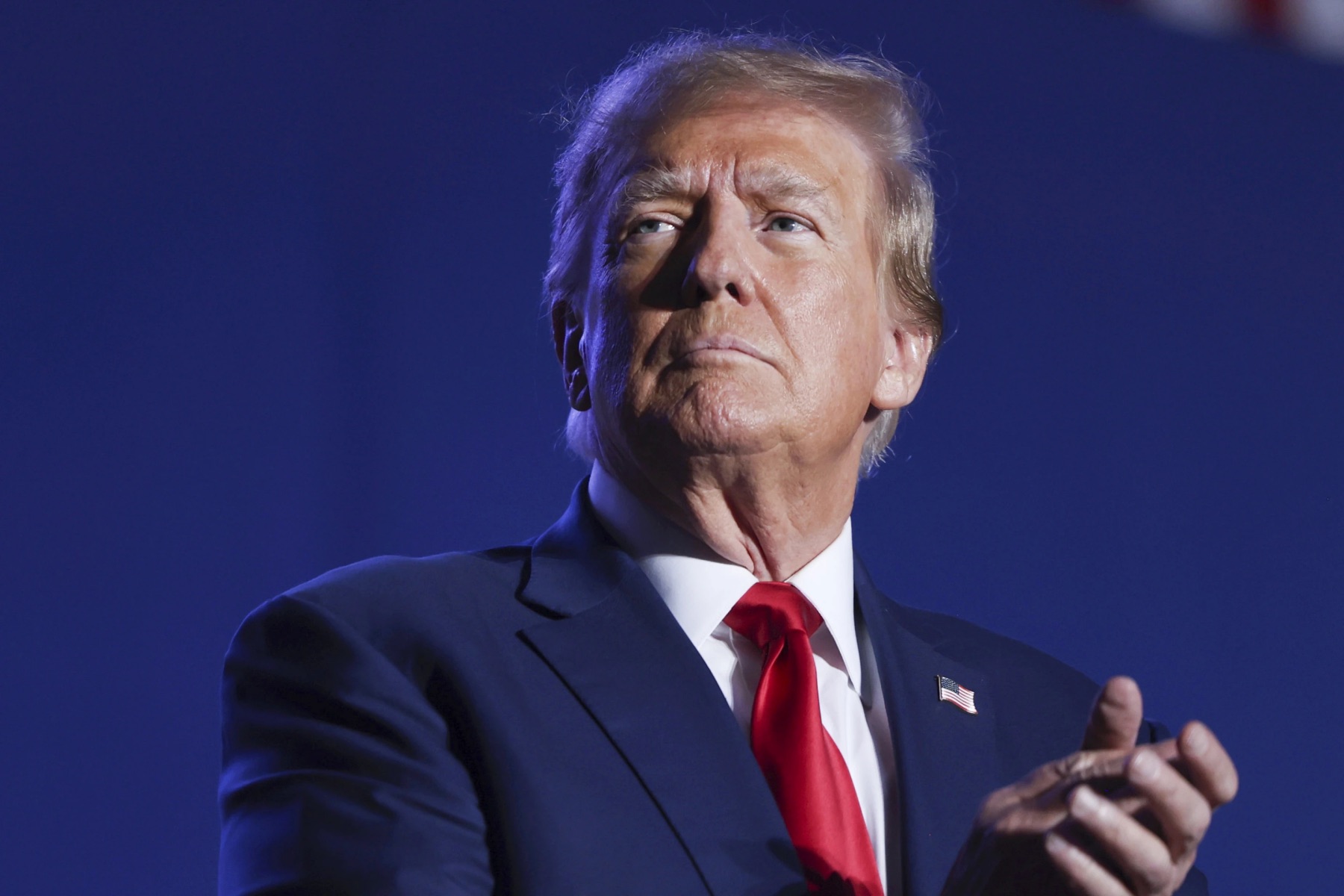
A Radical Transition: Side-stepping Conventional Processes
Trump’s preparations for his second term have already defied convention, as he has opted not to engage in the standard transition process with the outgoing Biden administration.
Trump has refused to sign ethics agreements that would typically facilitate collaboration between incoming and outgoing officials, citing mistrust of federal agencies that aren’t run by his own appointees.
His decision means his team will be unable to access the customary national security briefings or transition funds for now, stoking concerns about an uncooperative handover.
One of Trump’s top transition advisers, Cantor Fitzgerald CEO Howard Lutnick, has led the search for thousands of loyal candidates for administration roles.
Trump has expressed a clear preference for loyalty above all else, vetting candidates willing to work as acting secretaries—appointments that allow him to avoid Senate confirmation and quickly replace officials as needed.
“We’re looking for strong, unwavering loyalty this time,” said a senior adviser close to the transition efforts.
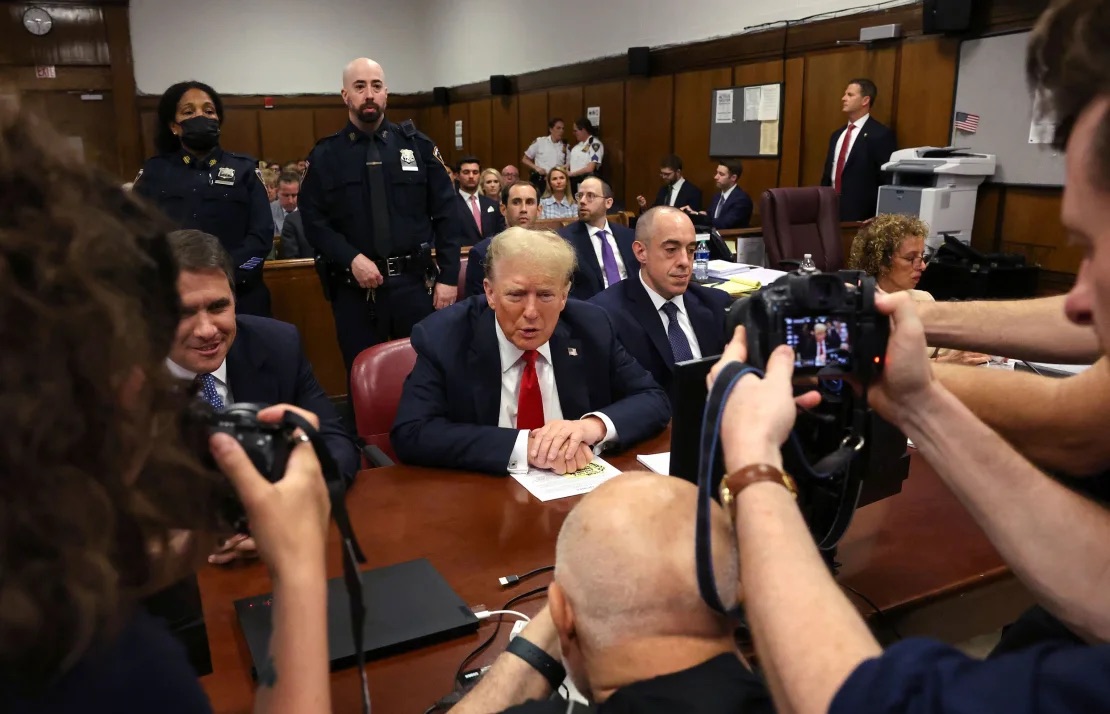
Shifts in Power: A Conservative Supreme Court and a Friendly Congress
With the Supreme Court now boasting a conservative supermajority, Trump’s second term is expected to be shaped by an expanded view of presidential power.
Recent court rulings affirming presidential immunity in official matters could also shield Trump from legal challenges as he takes office again.
Supporters argue that Trump will now have the judicial backing to pursue policies that were previously stalled, while detractors warn that his enhanced power could undermine democratic checks and balances.
Trump also enters office with near-unanimous support from the GOP in Congress, which has evolved to reflect Trump’s agenda more fully.
Efforts to limit presidential power in recent years have largely faded, and Republican lawmakers now widely back Trump’s positions, even as they polarise national politics.
Critics fear this could erode oversight of executive actions, while Trump’s supporters see it as an opportunity to realise his unfiltered policy ambitions.
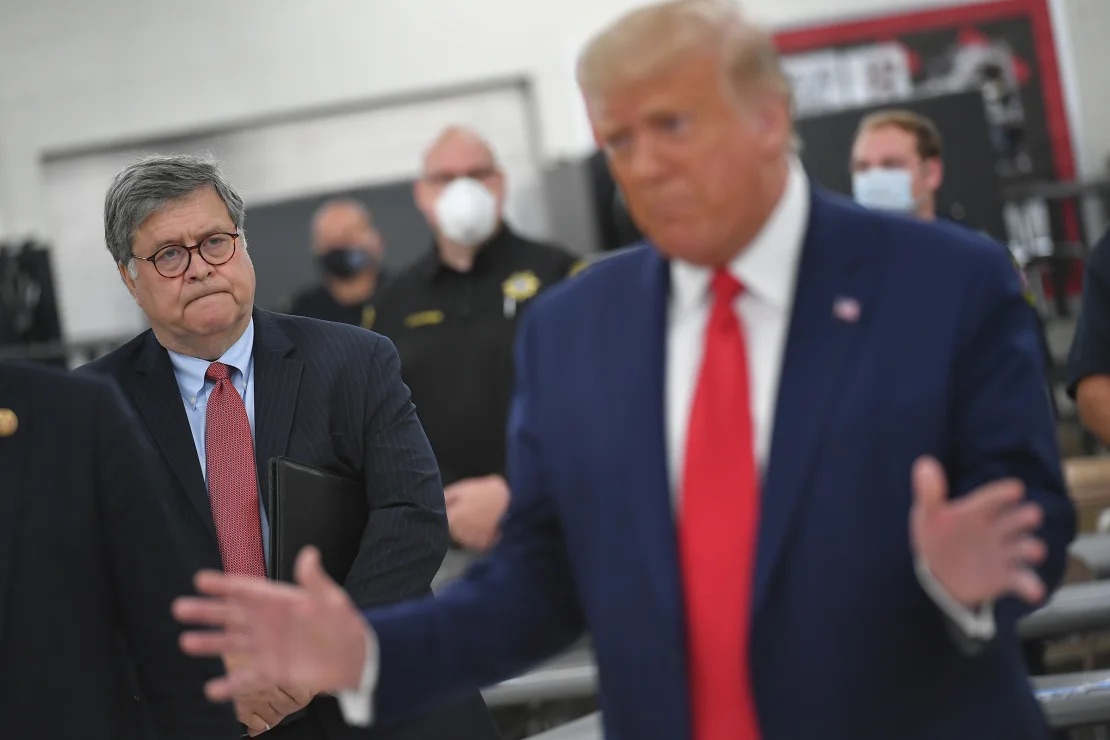
The Agenda Ahead: A More Focused and Assertive Trump Administration
Armed with an expansive set of executive orders and policy proposals prepared well in advance, Trump and his advisers are ready to enact changes that could reshape the federal government’s priorities.
Among his plans are reversals of regulations imposed by the Biden administration, as well as potential expansions in the energy sector, immigration enforcement, and trade negotiations that Trump considers central to his promise to “Make America Great Again.”
Trump’s approach to governance this time around is expected to be more direct, with fewer internal obstacles.
In his first term, Trump often clashed with his appointees, some of whom worked to temper or delay his initiatives.
This time, Trump’s team has prepared lists of loyalists dedicated to enacting his agenda without hesitation.
“I know everybody now,” Trump said in a recent interview. “We’re not going to have the mistakes of the past.”
The former president’s frustration with his initial term—where he faced impeachment, staff turnover, and resistance from within—has reportedly intensified his determination to avoid similar obstacles.
Trump has emphasised that loyalty is paramount and has insisted that personnel decisions will be made with an eye toward unity on his policy priorities.
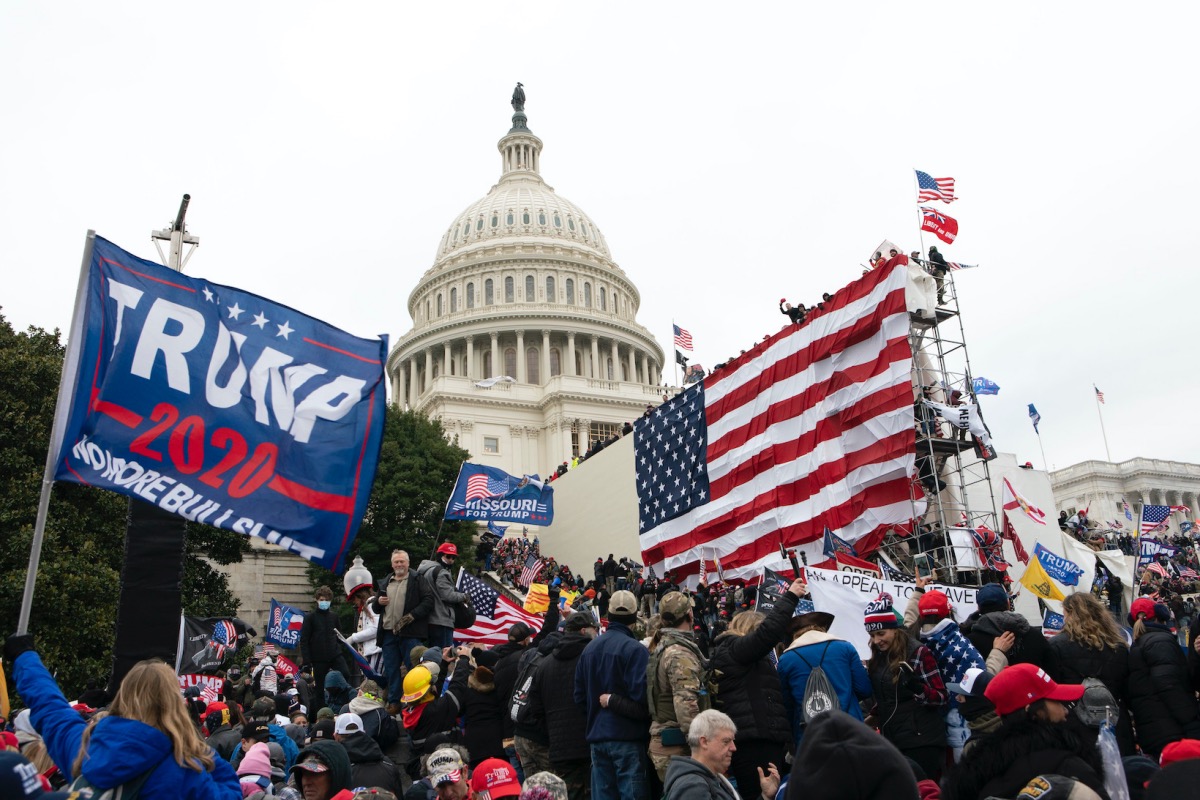
An Uncertain Path Forward: Promises, Polarisation, and Concerns Over Stability
Trump’s triumph comes with a host of challenges, from navigating an intensely divided political landscape to managing the consequences of untested policies.
His critics, including former Attorney General William Barr, have questioned Trump’s ability to lead effectively, with Barr cautioning last year that Trump’s loyalty demands create a “one-way street” dynamic.
However, for many of Trump’s new recruits and first-time supporters, the promise of transforming the nation takes precedence over concerns about conventional governance.
As Trump returns to the White House, questions remain over how his administration will impact both domestic and foreign affairs.
Some political analysts expect that Trump’s approach may strain alliances, impact trade, and alter U.S. foreign policy stances on issues like NATO and relations with China.
Yet his supporters, rallying around a figure they view as a crusader against what they call “the Washington swamp,” see this moment as a chance to assert America’s interests more robustly on the global stage.
In his victory speech, Trump framed his second term as a moment of redemption and ambition, promising that “America’s best days are ahead.”
Whether this new chapter brings about stability or strife remains to be seen, but Trump’s re-election undoubtedly signals a new era in American politics, where his influence and vision for the country will shape the years to come.

